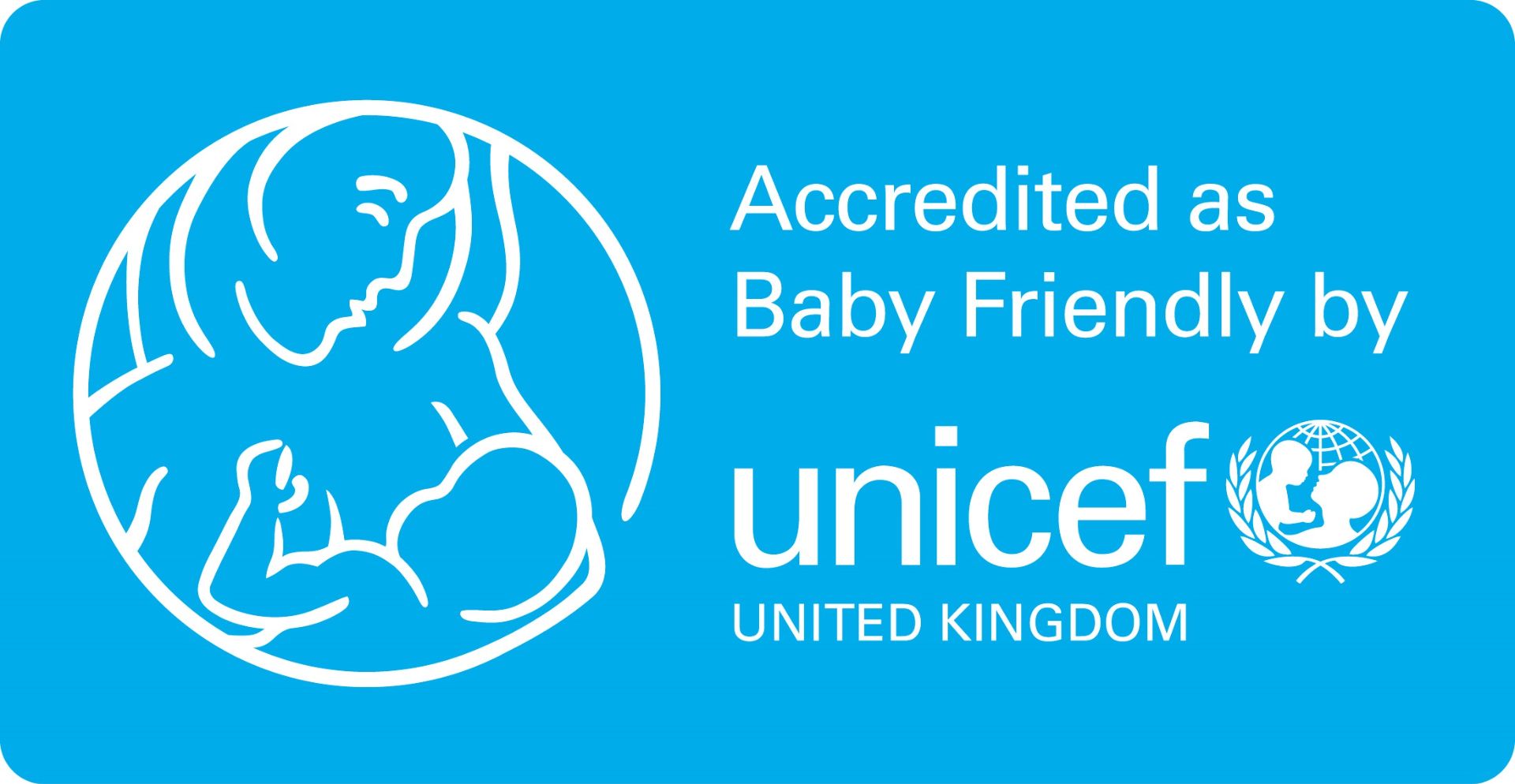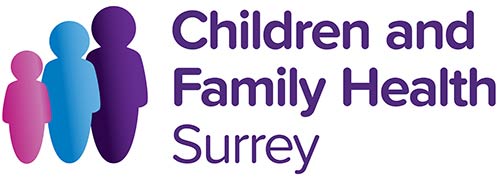
The map at the bottom of this page shows our breastfeeding support groups - please note venues are closed on bank holidays.
A virtual breastfeeding support group takes place every Friday between 10.00am and 11.00am. Please join through this Microsoft Teams link.
Face-to-face support
Please see the map at the bottom of this page to find your local breastfeeding support group.
You can also visit a child health drop-in where you can speak to a health professional.
Virtual and telephone support
- Our virtual breastfeeding support group takes place every Friday from 10.00am to 11.00am. Please join through this Microsoft Teams link.
- You can telephone our Surrey-wide 0-19 Advice Line where you can speak to a health professional.
- Breastfeeding and Infant Feeding Surrey Facebook page for top tips, videos and information.
National helplines
- National Breastfeeding Helpline: 0300 100 0212 (24 hours a day)
- Association of Breastfeeding Mothers: 0300 330 5453 (9.30am to 10.30pm)
- La Leche League: 0345 120 2918 (8.00am to 11.00pm)
- NCT: 0300 330 0700 (8.00am to midnight)
At around 28 weeks pregnant, you will be invited to meet the health visiting team at an antenatal session covering:
- Caring for and developing a close, loving relationship with your baby
- Feeding your baby
- The value of breastfeeding
- How to get breastfeeding off to a good start
- Helping your baby transition from ‘womb to world'
- Baby brain development
Colostrum collecting
Your midwife may have suggested you collect colostrum whilst pregnant. You can speak to your midwife about how to access the colostrum collecting syringes/kit.
Watch this video to find out more about collecting colostrum.
At the new birth visit your health visitor will ask if you are happy with your baby’s feeding and complete a breastfeeding assessment with you so that you feel confident that breastfeeding is going well.
Top tips on how to breastfeed your baby
- How to hold your baby to help them to attach to your breast
- Attaching your baby to the breast
- Laid-back feeding which allows baby to use his natural reflexes
- When to feed your baby, feeding cues and responsive breastfeeding
- Sleep and your breastfed baby
- How to express your milk for your baby
- What is cluster feeding
- How do I know my baby is getting enough milk
- Wearing a sling
- Neonatal Care resources
- Breastfeeding twins and triplets
- Breastfeeding your toddler
- Top tips for how dads and partners can support breastfeeding and useful advice
- Siblings and a new baby
- When to I introduce solid foods
Common concerns
If you have any concerns about feeding your baby please contact your health visitor, attend a breastfeeding support group or telephone our advice line on 01883 340 922.
The following links cover a range of issues around continuing successful breastfeeding.
- Frequently asked questions
- How to manage sore nipples due to poor attachment
- Feeding your baby in public and in front of other people
- Growth and your baby
- Has my baby got a tongue-tie?
- Breastfeeding and returning to work or study
- How to use a breast pump
- Tips on using a nipple shields
- What is breast compression
- Managing blocked ducts and mastitis
- Worried you may have nipple thrush
- Translations and other languages for breast and bottle feeding mothers
- How to find resources in Braille
Building a close and loving relationship with your baby
Your health visitor will talk to you about the importance of developing a close and loving relationship with your baby
- How to help 'build a happy baby'
- Your baby will love to be close to you and that’s good for their brain development
Breastfeeding when you or your baby are unwell
- Your GP/family doctor can support you if you have any health concerns about you or your baby
- Information about drugs and breastfeeding medication
- Feeding your baby/infant when they have Bronchiolitis
Bottle feeding
If you are giving your baby a bottle feed, your health visitor will complete a bottle feeding assessment with you.
They will talk to you about:
- how to responsively feed your baby
- how to pace the bottle feeds
- If you are giving your baby formula milk
- talk to your health visitor about how to do this safely
For further information about formula milk, please visit the First Steps Nutrition website.

